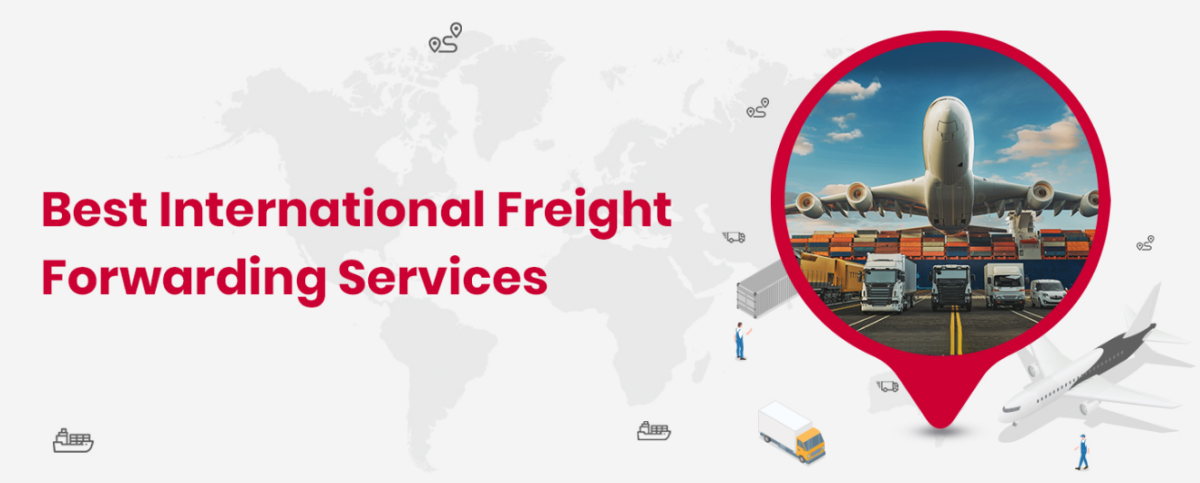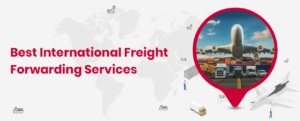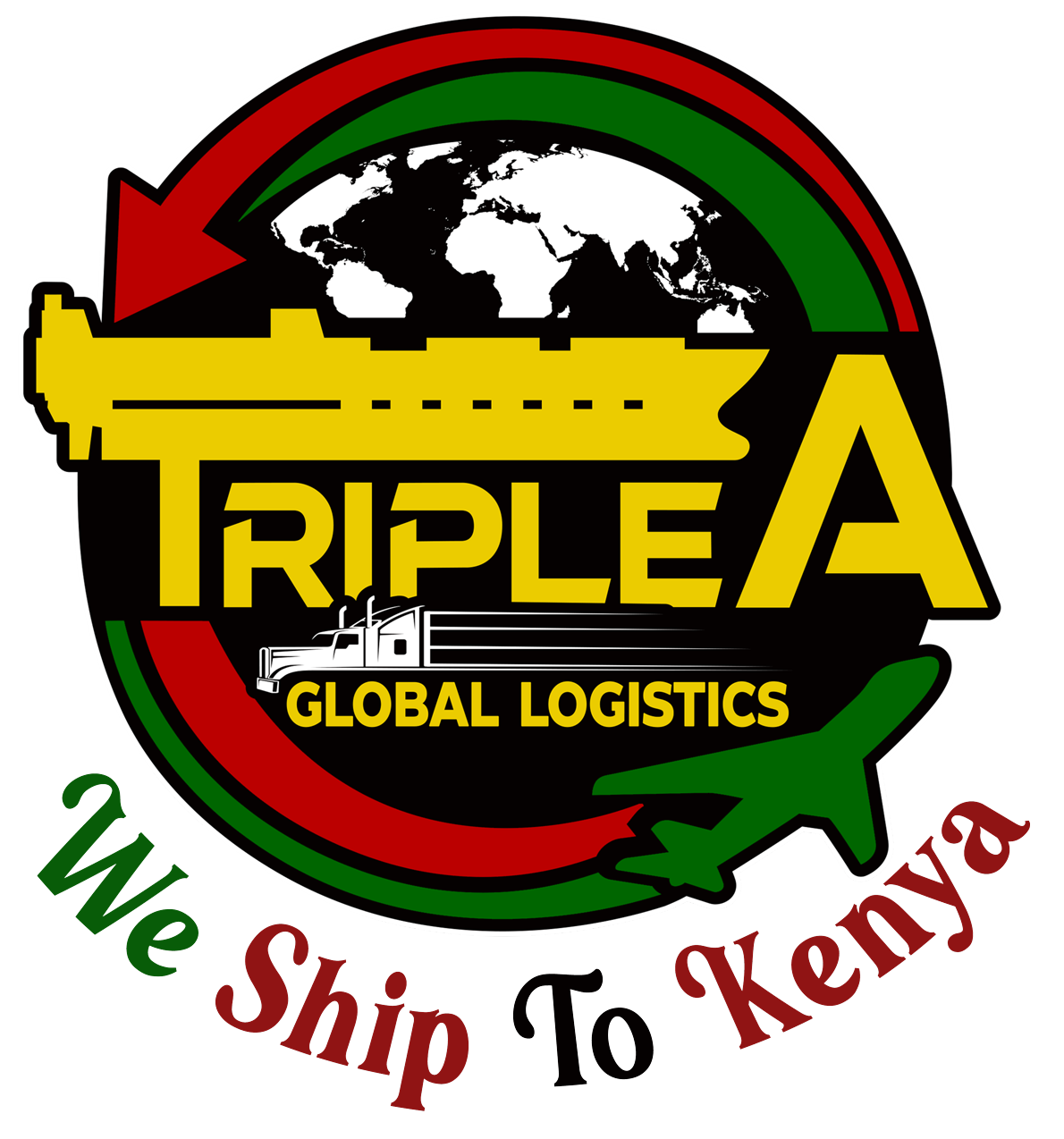Call Us:
+44 7800 648 660
+254 111 81 81 81
Mail Us:
info@tripleafreight.co.uk
Triple A

 An international air freight forwarder is a professional or company specializing in arranging the shipment of goods via air transport. They act as intermediaries between shippers and various transportation services to move goods efficiently from one place to another.
An international air freight forwarder is a professional or company specializing in arranging the shipment of goods via air transport. They act as intermediaries between shippers and various transportation services to move goods efficiently from one place to another.
Comments
win2023bet1 looks like a new site. I’m always a bit cautious with new ones, but hey, gotta explore, right? Testing it out, will report back. The link’s here: win2023bet1
Been playing on nh883 for a few days. Their mobile site is surprisingly good! Super responsive and easy to navigate. It’s great for killing time when you’re stuck on the bus or waiting in line. Give it a go on your phone: nh883.
789papp is pretty good if you like to play the games on your phone while away. I would suggest trying it out 789papp
78betlogin seemd pretty straightforward. Logged in without too much hassle. Had a quick look around. If you need a simple login, see 78betlogin
Pk665 looks interesting. Never tried it before, but hey, gotta try new things, right? Here’s hopin’ for a win! pk665
Right, placed a few bets on vaidebbet, so let’s see! Site’s alright, easy enough to understand. Here’s hoping I can take home some earnings tonight! Good luck to those betting on vaidebbet.